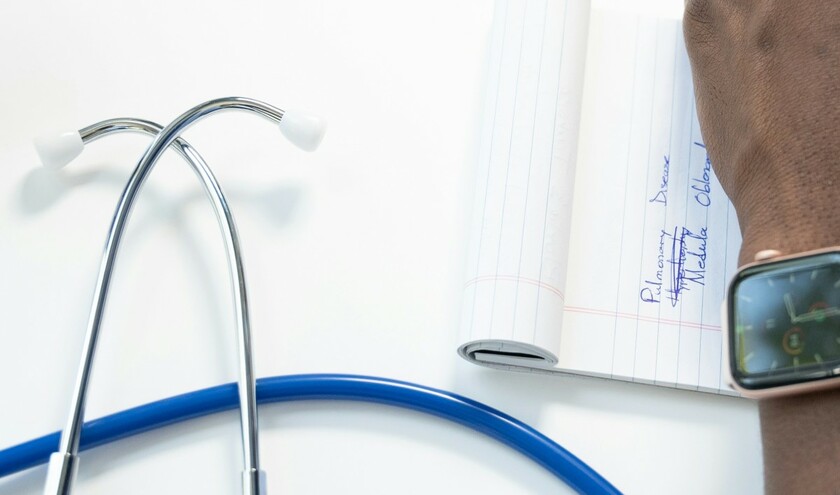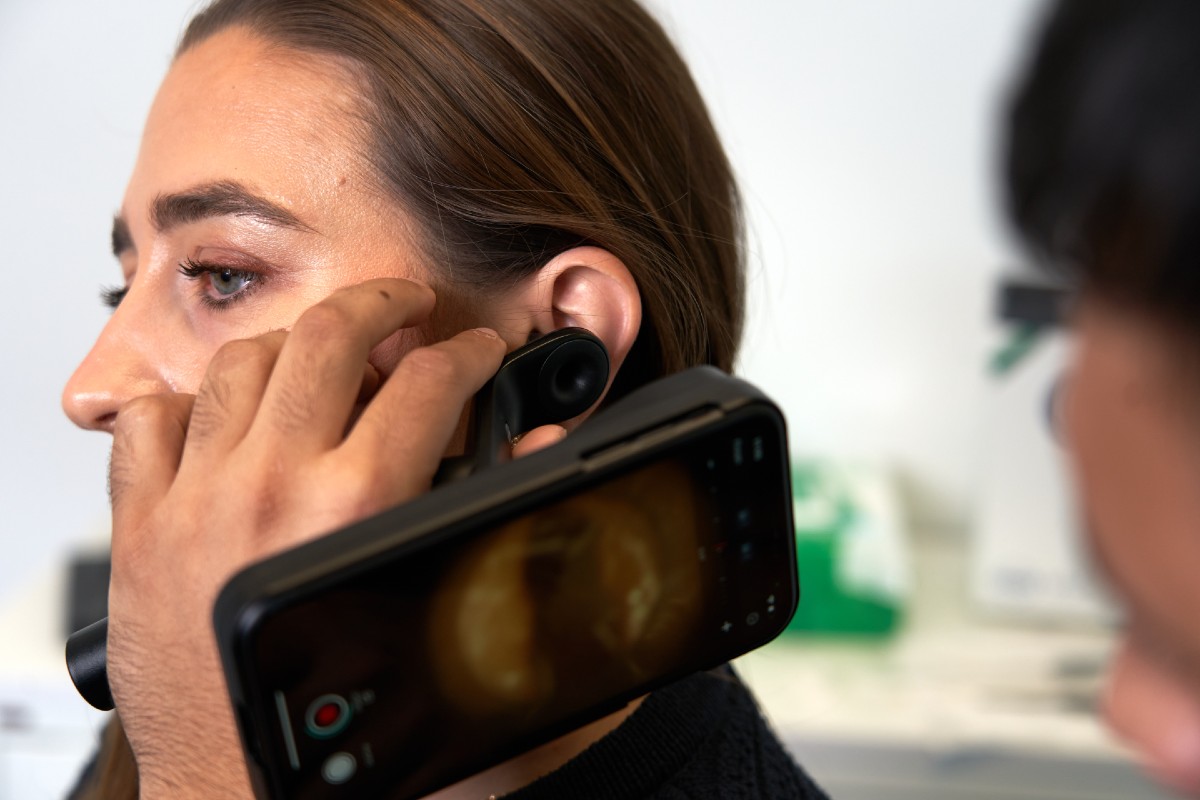The ONS data, commissioned by NHS England, also shows 78% contacted their GP the same day, 49.6% did so by telephone, although 14.2% described this as ‘difficult'. Those who contacted their GP practice via online methods were most likely (73.7%) to describe the experience as ‘easy'.
In addition, 72.6% of those who tried to contact their GP practice perceived their overall experience of the practice as either ‘very good' or ‘good'. Older adults were most likely (79.3%) to describe their experience as ‘very good' or ‘good' compared with those in the younger age groups (63.9%) for 16- to 24-year-olds. Adults from Asian ethnic groups were more likely to describe their experience as either ‘poor' or ‘very poor' (16.5%) compared to adults from the White ethnic group (10.8%).
The data finds that 52.6% of adults reported having an NHS dentist. A third (34.6%) of adults had a private dentist and 12.6% did not have a dentist. Males were more likely not to have a dentist (14.5%) than females (10.7%), the ONS data shows. Adults in the South West and South East were most likely to have a private dentist.
The figures also reveal 89.6% adults with an NHS dentist who attended an NHS dental appointment in the past 28 days, were ‘very satisfied' or ‘satisfied' with the care they received. Of those who did not have a dentist but tried to make an NHS dental appointment in the previous 28 days, 92.4% were unsuccessful.
Meanwhile, the data shows 54.1% of adults reported using NHS services from a pharmacy in the past 28 days and 86.9% of those doing so reporting being ‘very satisfied' or ‘satisfied' with the most recent service they had received. However, 16.4% of those who had been dispensed an NHS prescription had a problem getting their prescription. Females, older adults, and those with a long-term health condition were significantly more likely to report using NHS services from a pharmacy ‘several times a month'. Most adults (78.3%) used a pharmacy they could walk to.
Throughout the survey, levels of satisfaction tended to be higher among the older age groups, those living in the least deprived areas, those without a long-term health condition and those in the White ethnic group.
Reaction
Liberal Democrat Health and Social Care spokesperson, Helen Morgan, said: ‘‘It is now down to the new government to rise to this challenge and rescue our health service. That is why it is so disappointing to see that instead of supporting our GPs they are piling more pressure on them with their national insurance hike.
‘The new government needs to urgently rethink these proposals, scrap the GP penalty and get patients the care they deserve."
Ruth Rankine, primary care director at the NHS Confederation, said: ‘These results show that despite the ongoing financial pressures and staffing crisis, GPs and their teams are still managing to keep the majority of their patients happy.
‘Primary care is facing record demand, with millions more appointments than before the pandemic. But with the sector facing more potentially unfunded cost pressures and fears the employer national insurance hike could have a huge impact on surgeries it is still vital that primary care is give the right support it needs to keep patients safe and satisfied.'



